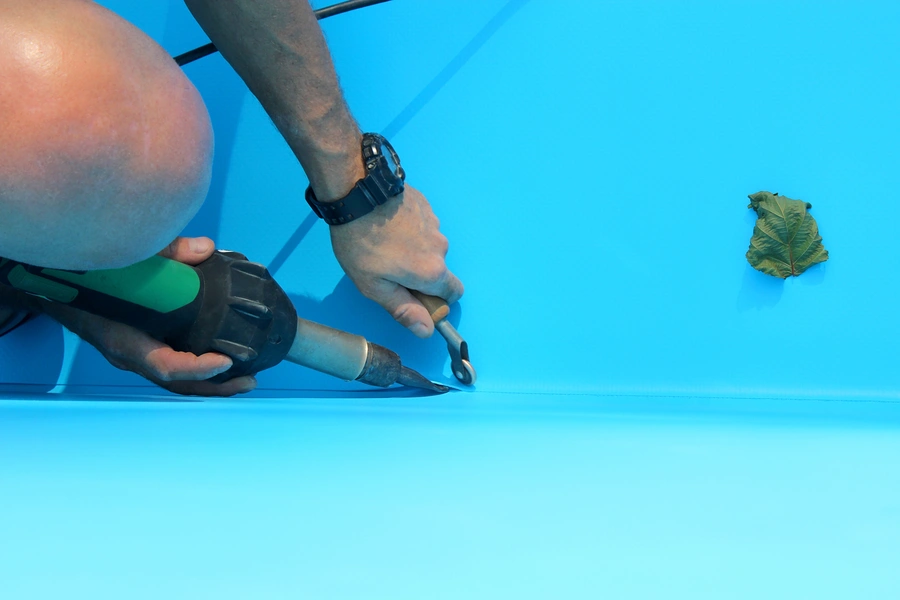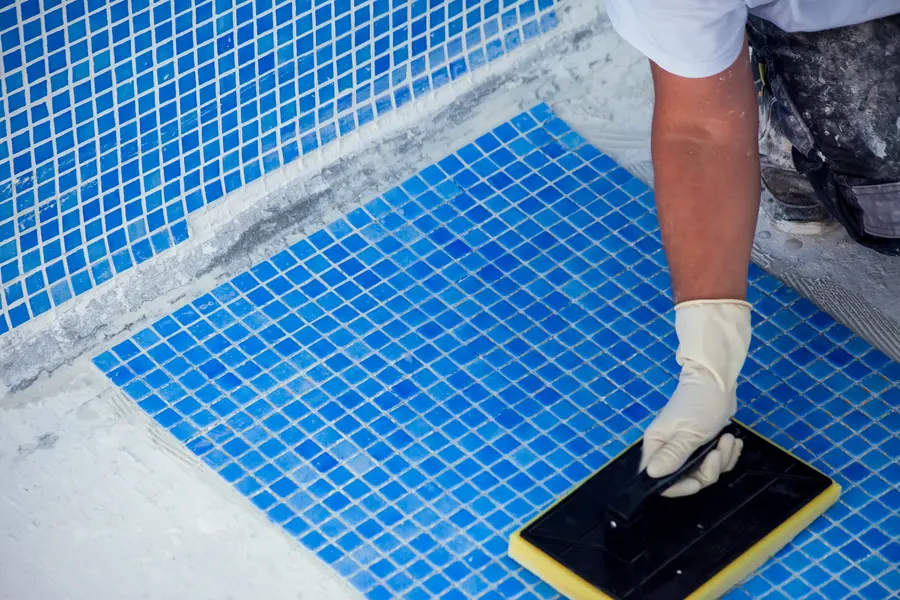Identify and Resolve Pool Leaks to Save Water and Money
Maintaining a pool is a rewarding yet challenging responsibility. One common issue pool owners face is leaks. Detecting these leaks early is essential. Ignoring them can lead to increased water bills and potential damage. This guide will help you recognize the signs of a leak, understand its impact, and learn effective solutions. By being proactive, you can prevent small issues from becoming costly repairs.

Signs of a Pool Leak
Detecting a leak early can save you from major problems later. Look for these common signs:
- Unusual water loss: Pools naturally lose some water to evaporation, but substantial drops might indicate a leak.
- Wet spots around the pool: These may suggest that the surrounding area is collecting leaked water.
- Algae growth: If algae appear more frequently, it might be due to reduced chemical levels from a leak.
- Cracks or settling: Visible cracks in the pool’s surface or deck could indicate structural issues leading to leaks.
Measuring Water Loss
If you suspect a leak, start by measuring the pool’s water loss. Here’s a simple method:

- Fill a bucket with pool water, marking the water level inside and outside the bucket.
- Place the bucket on a pool step, ensuring it’s submerged halfway.
- After 24 hours, compare the water levels. If the pool’s water level has dropped more than the bucket’s, you likely have a leak.
The Role of Pool Maintenance in Detecting Leaks
Regular inspections during pool maintenance are crucial for early leak detection. By routinely checking your pool’s equipment, such as filters and pumps, you can spot potential problem areas before they lead to significant leaks. Proper maintenance not only helps in detecting leaks but also ensures the pool runs efficiently, reducing long-term costs.
Using Dye to Locate Leaks
Dye testing is an effective method for pinpointing leaks. Here’s how it’s done:
- Turn off the pool’s pump and let the water settle.
- Use a syringe or dropper to apply dye near suspected leak locations, like cracks or fittings.
- If there’s a leak, the dye will be drawn into it, confirming its location.
Pool Maintenance Tips for Preventing Leaks
To prevent leaks, follow these pool maintenance tips:
- Regularly check for cracks or visible damage around the pool.
- Maintain optimal chemical levels to preserve the pool’s liner and structure.
- Inspect and service pool equipment frequently to ensure they are functioning correctly.
- Avoid draining your pool frequently, as this can weaken the structure.
Cost Considerations for Leak Repairs
Repair costs can vary depending on the severity of the leak. Simple fixes, like patching small holes, are relatively inexpensive. However, structural repairs can be costly. Balancing repair expenses against ongoing water loss costs is crucial. Investing in professional help can often save money long-term by preventing further damage and ensuring effective repairs.
Getting Professional Help With Leak Repairs
If you’re unable to find or fix the leak yourself, consider contacting a professional. Experts have the tools and experience needed to identify and resolve even hidden leaks efficiently. They’ll ensure the job is done correctly, helping you avoid future problems. Trusting professionals can provide peace of mind when dealing with complex issues.
Protect Your Investment With Our Expertise
Maintaining your pool can sometimes feel overwhelming. But with regular care and prompt action on leaks, you protect both your investment and enjoyment. For expert assistance, call us at (941) 889-8658. We serve clients throughout Punta Gorda, FL, offering reliable solutions for all your pool needs. Choose Ultra Marine Pools of Punta Gorda for quality service and peace of mind.